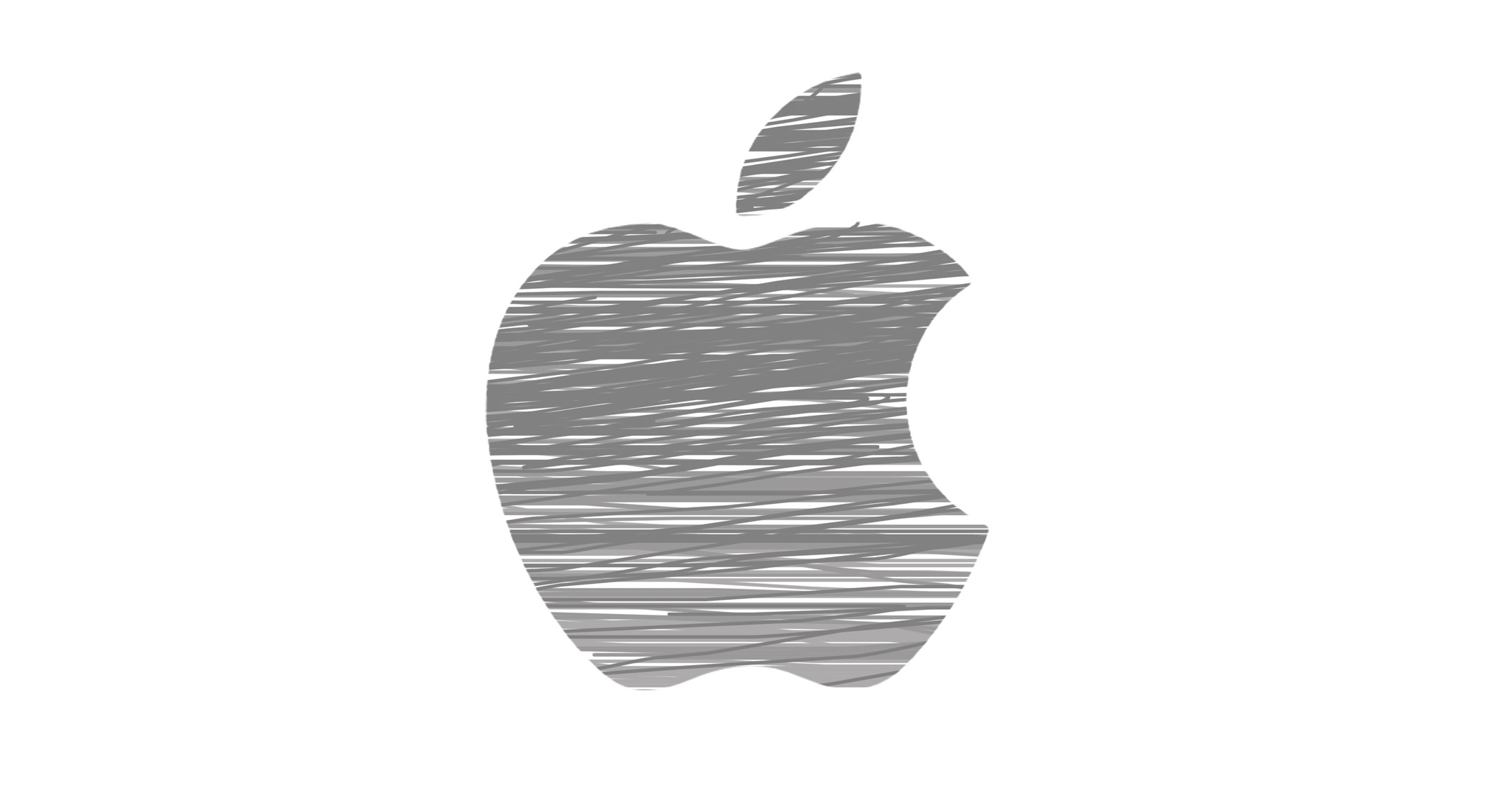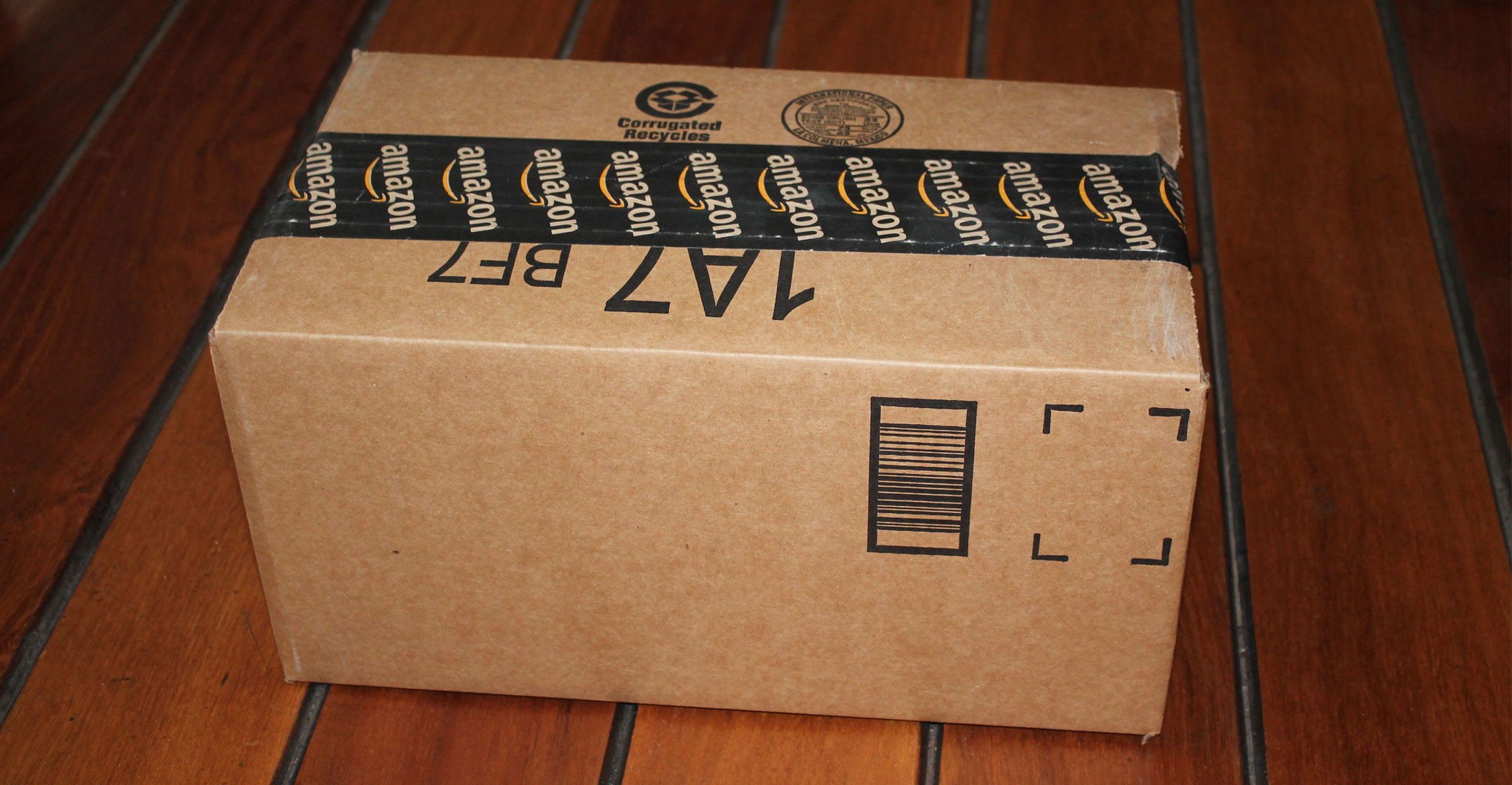 The US government is sharpening its antitrust scrutiny of Big Tech. In a sign that formal inquiries could be forthcoming, the justice department and Federal Trade Commission last week divvied up antitrust oversight for Apple, Amazon.com, Facebook and Alphabet’s Google.
The US government is sharpening its antitrust scrutiny of Big Tech. In a sign that formal inquiries could be forthcoming, the justice department and Federal Trade Commission last week divvied up antitrust oversight for Apple, Amazon.com, Facebook and Alphabet’s Google.
While the timing caught some by surprise, the companies have been preparing for this moment for a while, hiring lawyers and lobbyists and publicly making their case. History may be on their side: corporate breakups are a significant, and rare, undertaking for the US government. The last major breakup of a monopoly was AT&T in 1982. Microsoft was ordered split up by a federal judge in 2000 after the justice department sued the software company in 1998, a decision that was reversed on appeal.
In the past few years, there has been a groundswell of calls to at least rein in, if not break up, technology companies that are seen by some as having become too big and powerful in many ways. US senator Elizabeth Warren has made perhaps the most detailed case for breaking up and regulating the four companies, but the Massachusetts Democrat is not alone in her aggressive views on the industry.
Any formal investigation will take a long time. Government scrutiny of Microsoft lasted years. As all sides dig in, here’s a look at some of the issues the government could home in on as it builds its case, and some of the ways the companies might argue their way out.
 Apple
Apple
The case:
Though perhaps best known for the iPhone, Apple’s vulnerability is the App Store, which supports tools and games for mobile devices and increasingly holds the key to the company’s growth. Apple and Google control more than 95% of all mobile app spending by consumers in the US, meaning that most developers must work with them to reach millions of smartphone users. Spotify is among those that have long complained about the 30% cut Apple takes of each app, claiming it amounts to an effective tax on competitors. Some smaller developers sued Apple this week, claiming the App Store suppresses competition. The European Union is already preparing to look into the case and Warren, in her proposal, said the App Store should be separated from the rest of Apple because its own apps compete with those of outside developers. Last month, the US supreme court ruled that a large antitrust case, regarding App Store pricing, could proceed.
The defence:
CEO Tim Cook is adamant that Apple is “not a monopoly” in any way. He points to its share of the smartphone market in the US, which is only about 30% and is even lower on PCs. “We don’t have a dominant position in any market,” he said in an interview Tuesday with CBS. Apple has long sought to distinguish itself from the rest of Big Tech, from providing tighter security on its hardware and software to highlighting that it doesn’t monetise users’ data. Regarding the App Store, Apple recently added a new section to its website to show the benefits it provides to developers, such as reaching a huge global audience and handling payment and identity details, thereby taking friction out of the sign-up process. Apple, along with Google, has also pointed out its ability to filter out fake apps and malicious software, making its store more secure.
 Facebook
Facebook
The case:
Facebook has received a barrage of government criticism over the past year due to the sheer amount of data it collects on some two billion users and its control over content posted on the platform. Digital advertising, where Facebook and Google together control about 60% of spending in the US, is also an area where regulators might seek to base a case. Warren and Representative David Cicilline, the Democratic chairman of the house’s antitrust panel, have suggested that Facebook’s acquisitions of Instagram and WhatsApp might need to be unwound. Chris Hughes, one of the company’s co-founders, recently wrote at length why he thought Facebook is a monopoly run by a CEO whose “influence is staggering”.
The defence:
Facebook CEO Mark Zuckerberg has said he welcomes regulation, but that breaking up the company wouldn’t address legislators’ privacy and data concerns. In fact, Facebook argues that its size actually enables it to do the things that regulators want to see, such as better policing of content, which would be much harder if Instagram or WhatsApp were separate companies. Furthermore, in an age where the government is concerned about the rise of China, Facebook argues that the US needs its big tech companies. Breaking up Facebook would simply clear the way for Chinese tech companies, which don’t share American values, to step in and dominate, Zuckerberg has said. As for digital advertising, Facebook notes that it doesn’t even lead the market. EMarketer pegs its share at 22% of the US market in 2019. Facebook’s US$55-billion in advertising revenue last year was less than half of Google’s. And other social media companies are growing in key demographics, like Snapchat, which said earlier this year that it now reaches 90% of 13- to 24-year-olds in the US.
 Google
Google
The case:
Google appears to be the company that’s facing the most serious antitrust scrutiny now, after the FTC closed a two-year investigation in 2013 without any action. The company has a large or a majority market share in several important industries: search, digital advertising and mobile operating systems. And Google could face concerns similar to Apple for its own app store. Google commands about 37% of the US digital ad market, according to EMarketer, where it sells much of the online real estate available to advertisers, such as search ads and spots that play before YouTube videos. In search, where Google has 90% of the market, opponents claim the company can manipulate rankings to favour its own listings. And Google’s Android smartphone operating system is by far the most popular in the world, with 85% of the market, outpacing Apple’s iOS with 14%, according to IDC. The company has already gone several rounds of antitrust scrutiny with the European Union and has been forced to pay billions of dollars in three different cases, including a record $5-billion fine for the practice of tying its search and browser tools to Android. Google has also made many enemies among smaller businesses, ranging from media to advertising technology companies that are now assembling evidence to help the justice department, according to a person familiar with the situation.
The defence:
Google has well-defined arguments ready to push back, honed over years of doing battle with the EU and the FTC. To counter the claim of favouritism in search, Google argues that it’s only trying to surface the best information faster for users. Google is appealing the $1.7-billion EU fine for stifling competition in the online advertising market. Regulators’ demands for Android will force Google to change its business model and start charging customers for the software, rather than giving it to handset makers for free, the company claims. Google may also argue that the global nature of the Internet means it doesn’t actually have the power that its critics say it does, pointing to companies such as Amazon and Tencent. The Internet has low barriers to entry, and if someone builds a better search engine or advertising system, customers can easily switch over, the argument goes. Google likes to say that “competition is only one click away”.
 Amazon
Amazon
The case:
The antitrust debate about Amazon focuses on the retailing giant’s perceived dominance of e-commerce, where it has nearly 50% of US online sales. Since it’s both a retailer and a marketplace for third-party sellers, Amazon has drawn scrutiny over whether it uses its clout and huge amount of sales data to give itself a leg up over smaller vendors — an issue the EU is already investigating. Warren has suggested that Amazon, like Apple, should be barred from competing with other players that sell on its marketplace. Regulators may also look into Amazon’s fulfilment practice, in which the company handles all aspects of fulfilling customer orders from shipping to packing and storing, according to Vox. The problem is that Amazon often charges much lower fees than competing platforms. Amazon Prime could also be a target. While consumers may love the fact that they can get free shipping on a wide range of goods and services with the subscription programme, the FTC has shown interest in the question of whether bundling these services allows Amazon to undercut competitors on price, according to Vox.
The defence:
Every time Amazon buys another company in another sector it sends a jolt of fear throughout the industry — whether groceries or pharmaceuticals or logistics. But Amazon claims it actually only holds a small percentage of the total retail market in the US and faces formidable competition from the likes of Walmart. The company, also a frequent target of senator Bernie Sanders of Vermont for its treatment of workers, also prides itself on being able to keep prices low for consumers. — Reported by Molly Schuetz, with assistance from Gerrit De Vynck, David McLaughlin, Mark Gurman, Spencer Soper and Kurt Wagner, (c) 2019 Bloomberg LP

